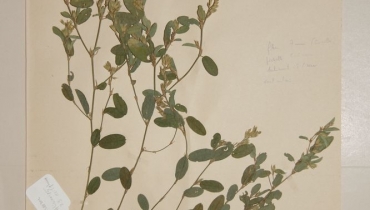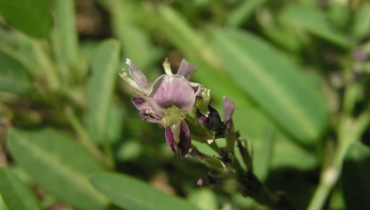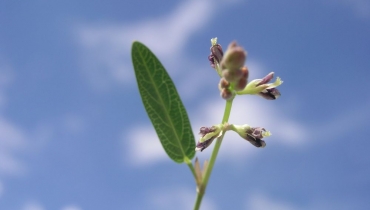Irrigated
rice farming provides about 75 percent of the world’s rice needs, and
has a particularly important role to play at the moment as international
rice prices are at a 10-year high, while global stocks are at a 30-year
low. Weeds are the major cause of the reduction of rice growth rates
and productivity with a yield loss of 10 to 30% worldwide. IRRI
(International Rice Research Institute) highlighted this problem in its
2000 strategic plan where weed control is its major concern. Improved
weed control through Integrated Pest and Weed Management is the most
attractive option for crop protection. It involves the appropriate
choice and combination of compatible cropping, mechanical, biological
and chemical measures such that each complements the others to maintain
the weed population at manageable levels. This approach based on weed
control requires weeds to be identified as soon as they appear in the
field, i.e. generally before flowering, together with access to
up-to-date and reliable information on weed species.The aim of the AFROWeeds project was to developpe an identification and
information retrieval system, which allows every end user (specialist or
not specialist) to identify weeds of Rice in Africa, and to get information on these
species throughout a specialised network system. Moreover it will be an
opportunity for updating data and sharing information on rice weeds. The AFROweeds database has been expanded to the RiceWeeds project for weeds of rice over the world. It addresses more than 400 major weed species of irrigated and lowland rice cropping systems all over the world. It is regularly updated by partners.
Species information 251
Synthesis of information on weeds of irrigated rice, rainfed lowland and irrigated lowland rice over the world.



